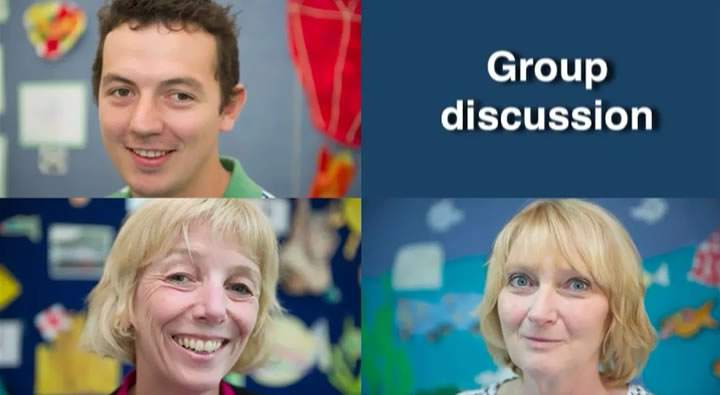Eating and drinking is a highly complex, multi-system skill involving anatomic stability, neuromuscular control and co-ordination, sensory perception, gastrointestinal function, cardio-respiratory support and integration from the autonomic nervous system.
Royal College of Speech and Language Therapists, 2006>
Helping someone with eating difficulties to eat can be complex and stressful and it is essential that staff are given sufficient support from colleagues when this is challenging.
The Scottish Government / APS Scotland, 2011
Interventions aim towards:
- Safe maximisation of the child’s eating and drinking potential, using appropriate strategies that promote safe and adequate nutritional intake within a setting which supports and enhances the child/young person’s well-being.
- Supporting the child and significant others in choosing between a number of feeding options and strategies where oral feeding will not be possible.
- Supporting parents/significant others in the process of making mealtimes pleasurable.
- Identification and management of risks to the child as a result of dysphagia.
Royal College of Speech and Language Therapists, 2006
Dysphagia…includes difficulties with positioning food in the mouth and in oral movements, including sucking, chewing and swallowing.
Royal College of Speech and Language
Therapists, 2006
Children and young people with dysphagia (or ‘swallowing disorder’) are very vulnerable to inappropriate types of food and drink being offered, as well as to these being offered in an inappropriate way.
Other issues around eating are:
- Anatomical problems which cause difficulty or discomfort in eating.
- Gastro-oesphageal reflux.
- Medication side-effects.
- Sensory difficulties and sensitivities.
Royal College of Speech and Language Therapists, 2006
[Improper management of eating difficulties] may result in the need for interventions such as prolonged alternative or supplementary feeding, medication or physiotherapy.
Royal College of Speech and Language
Therapists, 2006
If eating difficulties are not properly managed, children and young people are at increased risk of:
- Aspiration (breathing in food or drink).
- Respiratory infection.
- Choking.
- Poor nutrition and weight loss.
- Poor health.
- Hospital admission due to respiratory illness (eg pneumonia).
- Anxiety and distress within the family.
- Reduced quality of life.
Taking the time and effort to help a person to develop these skills can sometimes also help
them in other ways, such as language development, greater awareness of position and movements and hand-eye co-ordination.
Some of the issues associated with feeding are covered in this audio clip of a group discussion.

Staff development needs around food can be broad and may include:
- Good practice in supporting pupils with EDS needs.
- Selective eating.
- Practical food awareness.
- Food hygiene and safety.
- Nutrition and diet, including the signs and consequences of poor nutrition, and children who are overweight.
- Food presentation.
- Eating, drinking and swallowing difficulties and their effects on nutrition and safety.
- A practical session of food preparation and texture modification.
- Non-oral feeding.
- Communication systems…[to support] children and young people more effectively.
The Scottish Government/APS Group Scotland, 2011
Those supporting children and young people with their EDS may usefully learn, with the support of the school nurse, to:
- Identify people with dysphagia.
- Identify changes in individuals they care for.
- Know when to make a referral to a speech and language therapist.
Royal College of Speech and Language Therapists, 2006

Scope provide a range of different factsheets and publications around EDS
difficulties, including:

